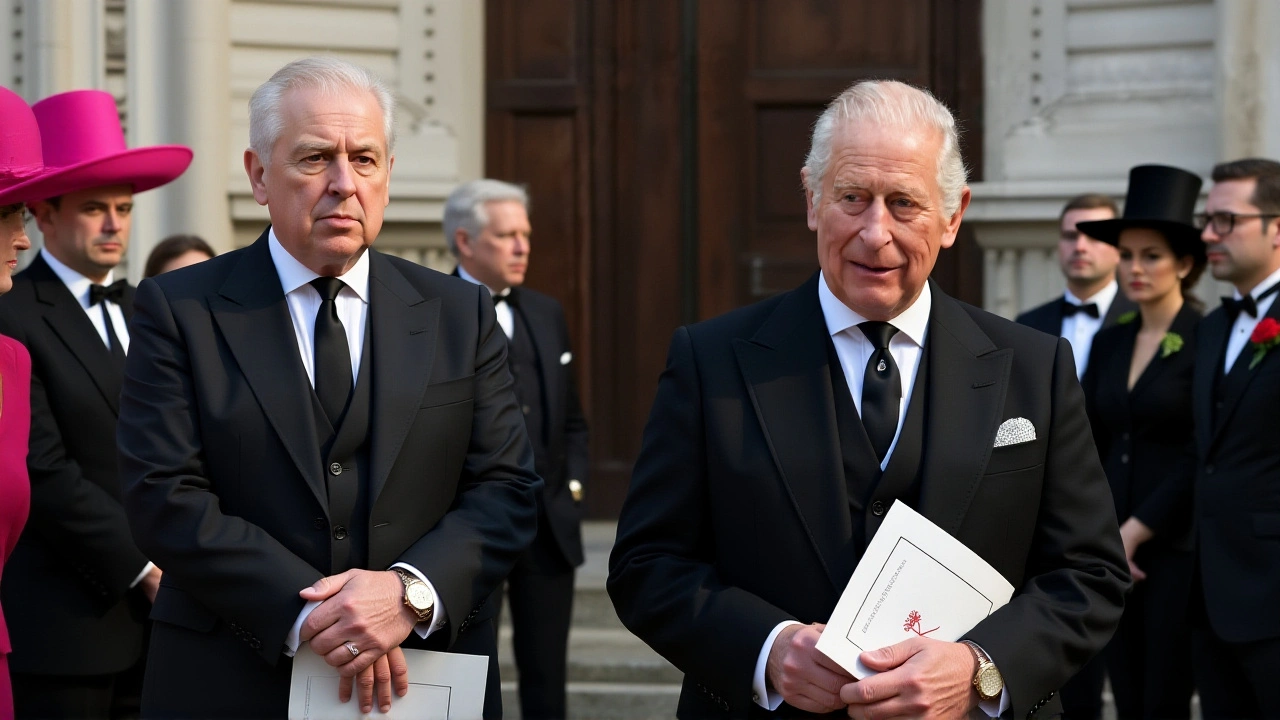When you hear royal titles, hereditary honors like duke, princess, or earl granted by a monarch. Also known as nobility, these titles are more than fancy names—they’re legal designations tied to history, land, and power. You might think they’re relics of old Europe, but they’re still very much alive. In the UK alone, over 800 hereditary peerages exist, and the royal family still bestows titles during weddings, birthdays, and state events. The Queen’s late husband was Prince Philip, Duke of Edinburgh. Her son is now King Charles III, and her grandson is Prince William, Duke of Cambridge. These aren’t just titles for show—they come with official duties, public roles, and even seats in Parliament for some.
It’s not just the British royal family either. Spain, Sweden, Denmark, and the Netherlands still have active monarchies with clear lines of succession. Even in countries without kings or queens, noble titles linger in legal records. In Italy, for example, titles were officially abolished in 1946, but people still use them socially. In Japan, the imperial family follows ancient rules—only male heirs can inherit the Chrysanthemum Throne, and female members lose their royal status when they marry outside the family. Meanwhile, in the UK, the Prince of Wales title is automatically given to the monarch’s eldest son. The Duchess of Cornwall? That’s Camilla’s title as wife of the king. These aren’t random labels—they follow centuries-old rules.
But here’s the twist: most people with royal titles today don’t live in castles or own vast estates. Many work regular jobs. Some are doctors, teachers, or even YouTubers. The title doesn’t pay the bills—it’s just part of their name. Still, it opens doors. A duke might get invited to state dinners. A countess might sit on a charity board. And yes, some still get paid public funds to carry out royal duties. The monarchy’s budget comes from taxpayers, and those with official roles are expected to represent the crown. It’s a strange mix of tradition and modernity. You can’t buy a title legally in the UK anymore, but you can be granted one by the monarch—for service, achievement, or birth.
What you’ll find below are real stories tied to royal titles: how they’re earned, lost, or fought over. From weddings that changed dynasties to legal battles over inheritance, these posts show that nobility isn’t dead—it’s just changing shape. Whether it’s a prince’s scandal, a duchess’s charity work, or a forgotten title being revived, there’s more to these names than you think.
Posted by
Siseko Tapile
13 Comments

King Charles III has initiated the formal process to strip Prince Andrew of his royal titles over renewed scrutiny of his ties to Jeffrey Epstein in fall 2025, marking the first such action since 1936.
read more